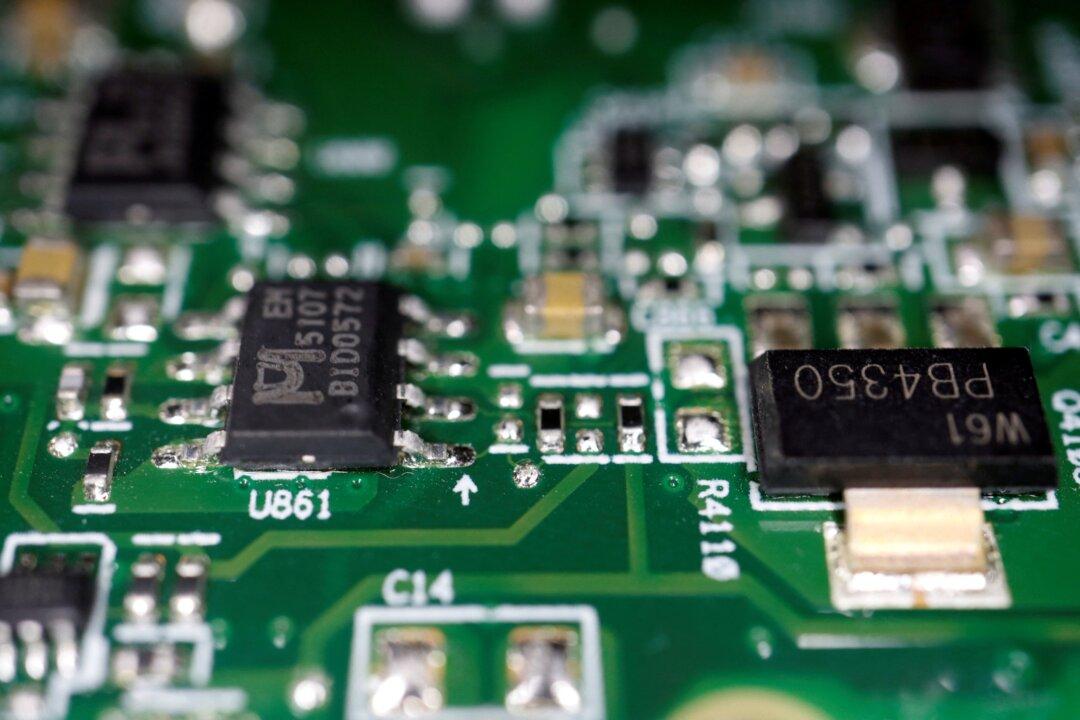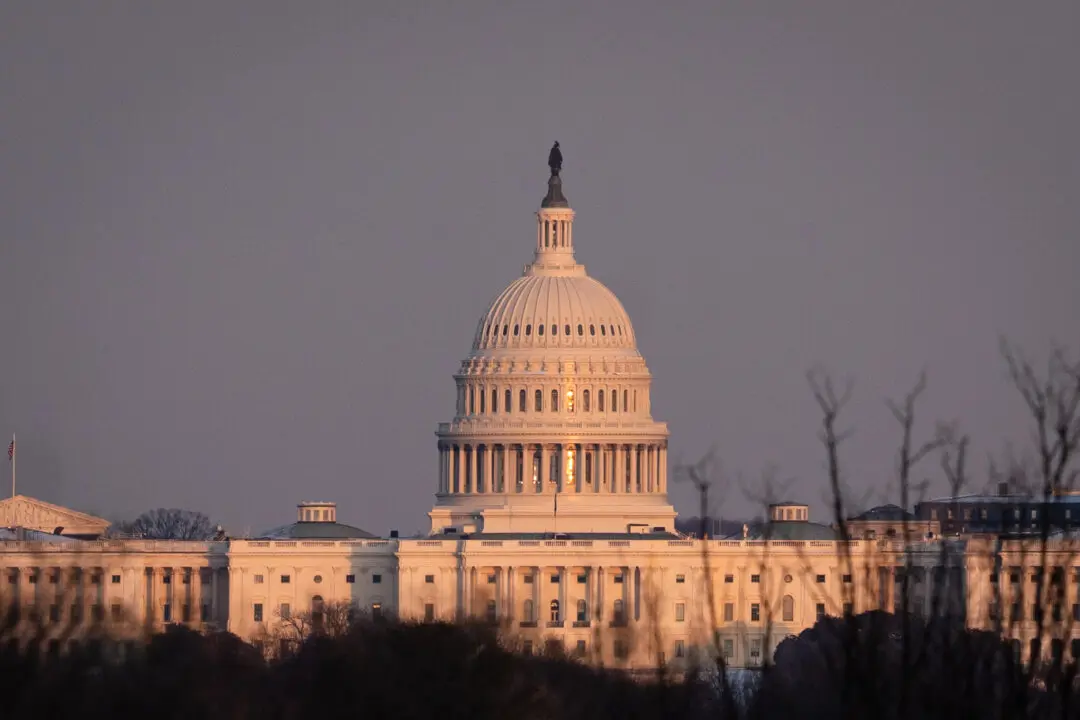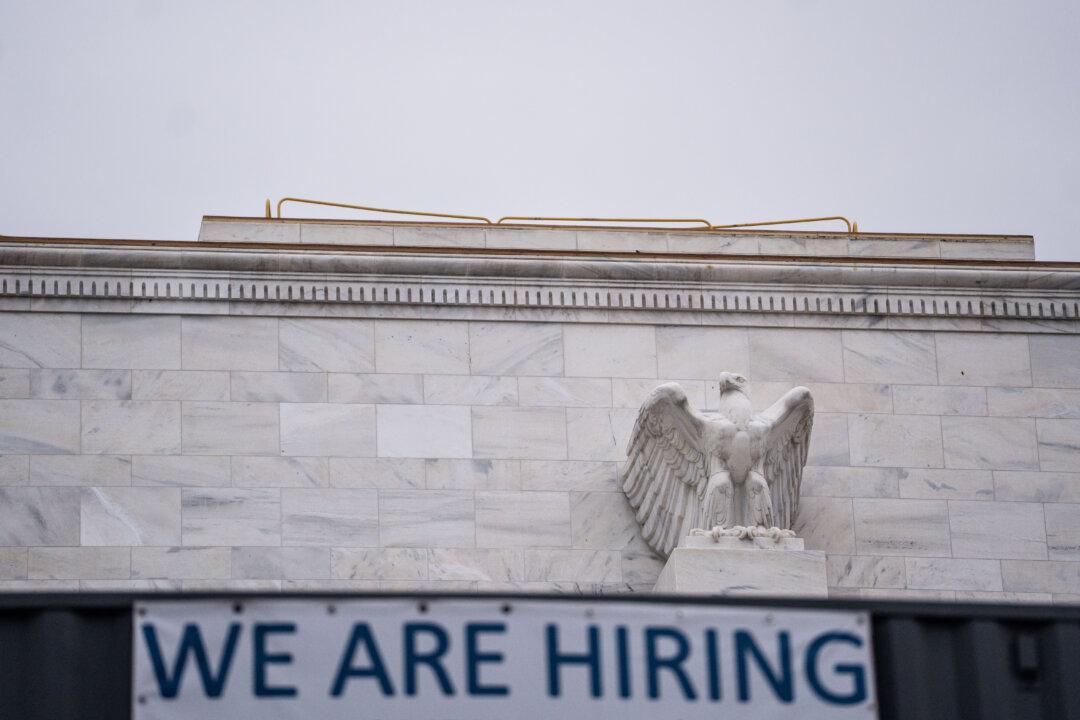The U.S. Department of Commerce has announced $162 million in federal subsidies as part of a preliminary agreement with an Arizona-based computer chip maker to bolster the domestic supply of semiconductors and create new jobs.
The government grants will allow Microchip Technology to expand the production of microcontroller units and semiconductors vital to the aerospace, automobile, defense, and other industries.





